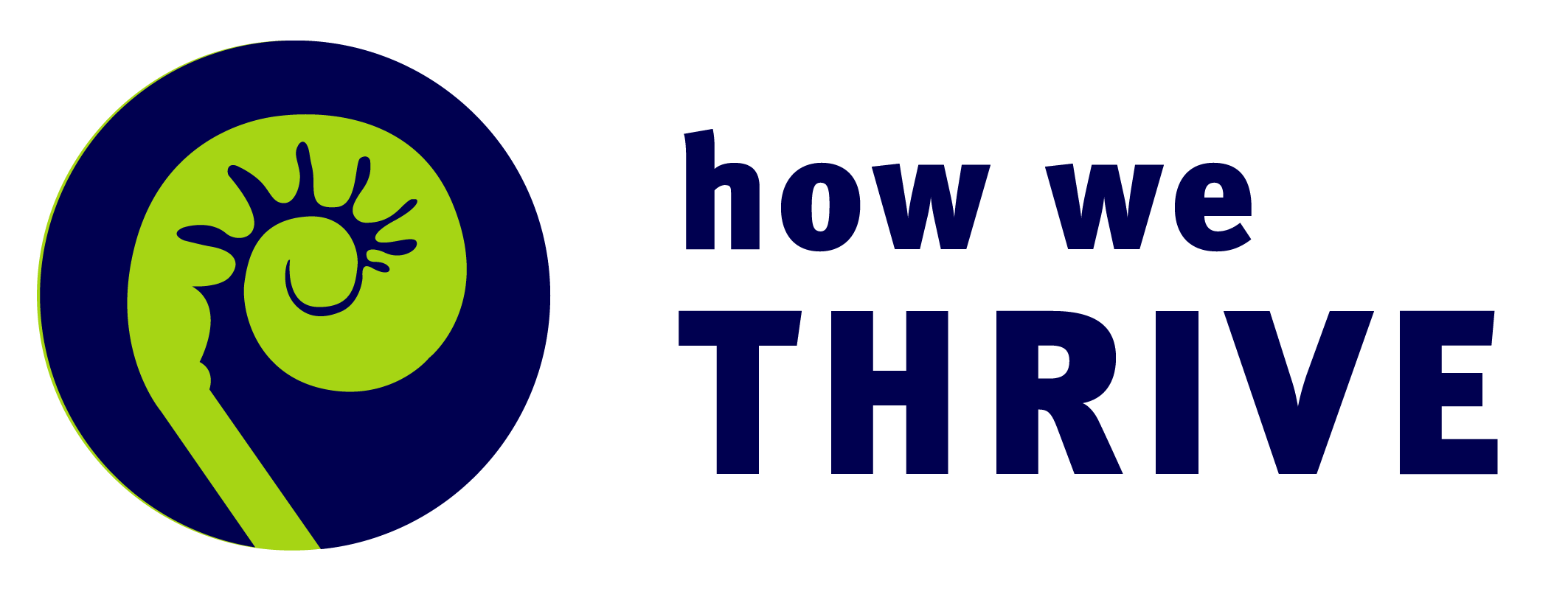Fire: Holding the circle
Some podcast themes
Circle: Gathering around an open circle, with shared responsibility and minimum hierarchy
Container: Trusting the non-human elements to play their hosting role
Power of stories: Opening a window into each other’s lives
People can be more than one thing: Believing in people’s capacity to grow and change
Including difference and conflict: Holding a space that is safe enough, big enough, and brave enough
Giving young people credit. Signalling “I see you’ and taking the time to listen
Trauma-informed hosting: Acknowledging and addressing the developmental and collective trauma that is in ourselves and in the room
Related resources
Tuesday Ryan-Hart, Toke Moeller & others
Art of Hosting: Circle (2011). Tuesday Ryan-Hart, AoH founder Toke Moeller, and others speak about how and why to use a circle format.
Quotes
“Nova Scotia is a place where people would rather be mad at each other for 30 years than have an uncomfortable conversation.” —overheard
“This is a dark time, filled with suffering and uncertainty. Like living cells in a larger body, it is natural that we feel the trauma of our world. So don’t be afraid of the anguish you feel, or the anger or fear, because these responses arise from the depth of your caring and the truth of your interconnectedness with all beings.”—Joanna Macy
Marlene Johnson
Courageous/difficult conversation tutorial
Thomas Hubl
Podcast: Healing Collective Trauma by Thomas Hubl (2020). Interview by Tami Simon, Sounds True
“Trauma is a modern way to say separation. The basic underlying composition of separation, I believe, is trauma. The basic trauma symptom is that I feel separate, because I feel numb, I feel dissociated, I feel removed, I feel disengaged, I feel hyper-activated. It feels like I become a separate particle in my experience, and I’m not anymore part of an interdependent world. And that’s why I think diving deeper into the nature of separation is deeply connected to coming into touch with the deep traumatization of humanity. For such a long time we have had massive woundings in our cultures.”—Thomas Hubl
Dr. Gabor Maté
Documentary. The Wisdom of Trauma (2021). Featuring the work of Dr. Gabor Maté
“So much of what we call abnormality in this culture is actually normal responses to an abnormal culture. The abnormality does not reside in the pathology of individuals, but in the very culture that drives people into suffering and dysfunction.” — Gabor Maté
Conviction filmmakers
Documentary. Conviction: Build Communities Not Prisons (2019). Featuring women on the “inside” of Nova Scotia prisons and advocates for prison alternatives.
“Why do we imprison the most vulnerable among us, and at what cost? The award-winning film Conviction takes us inside two Nova Scotia prisons, where women on the inside used cameras, art and poetry to envision a more ideal world on the outside. Together they make the impassioned argument that we’d do better to create communities that heal and support our most vulnerable, rather than punish them further.”
In December 2020, How We Thrive hosted an online discussion with the Conviction filmmakers, some of whom were also subjects in the documentary. Hosted by El Jones. Watch the recording.
Mary-Margaret Sweeney
Guidelines. Trauma-informed facilitation
Kai Cheng Thom
Presentation. “Growing In the Wild Garden: Trauma, Resilience, and Conflict in Community Work,” by Kai Cheng Thom. Keynote at the Tending the Roots conference, April 21-24, 2021.
“What do we really mean when we seek out ‘trauma informed’ approaches to public service and community organizing? How can we build radical mental health and wellness approaches into the work of service and social justice when that work inevitably brings up conflict and stressful change? What is the difference between centering trauma and centering resilience? Canadian writer, somatic coach, consultant, and conflict resolution practitioner Kai Cheng Thom explores these fundamental questions. Grounded in the neuroscience of trauma as well as over a decade of experience in mental health and community organizing practice, Kai Cheng provides a nuanced lens for understanding trauma as well as several practical frameworks and strategies for promoting community resilience and collective liberation in the context of service provision.”
Books
For personal reading or study groups
My Grandmother’s Hands: Racialized Trauma and the Pathway to Mending Our Hearts and Bodies, by Resmaa Menakem
White Fragility: Why It’s So Hard for White People to Talk about Racism, by Robin DiAngelo
See also books and other resources on this page.

